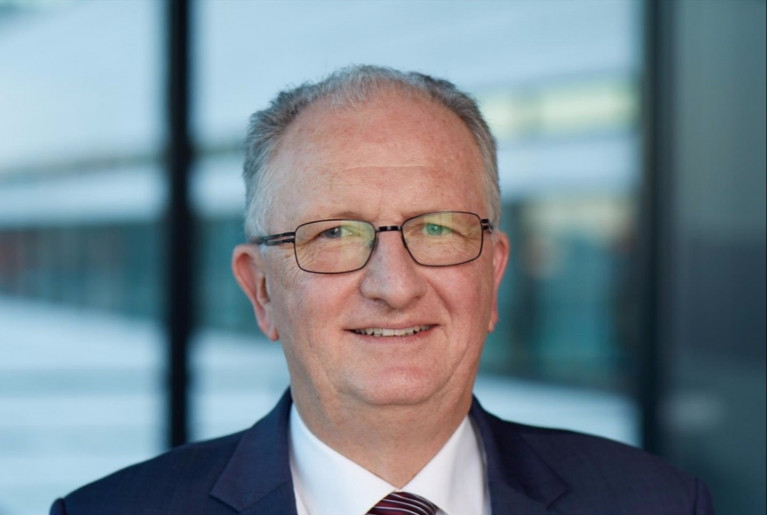Displaying items by tag: Clean Shipping
Clean Shipping Alliance (CSA2020) Appoints New Executive Director
The Clean Shipping Alliance 2020 (CSA2020) has confirmed the appointment of ferry operator DFDS executive Poul Woodall as its Executive Director which took place at the start of this year.
CSA 2020 (website) represents ship owners and other key maritime industry stakeholders as an advocate and science research body for the environmental benefits of marine Exhaust Gas Cleaning Systems (EGCS) along with other marine environmental issues.
“We are delighted and honoured that Poul has agreed to lead our Secretariat as Executive Director said Mike Kaczmarek , CSA 2020 Chairman , Poul is a highly respected figure in the international maritime industry, and his substantial industry experience along with his knowledge of CSA2020 and today’s key issues will make him a valuable asset to the ongoing work of the Alliance.”
Poul has over 40 years of maritime industry leadership in international operational roles in Ro-Ro, container and passenger segments with Maersk and DFDS (see: photo related EU Sulphur Directive). His most recent position was as Director of Environment and Sustainability with DFDS Group in Copenhagen and he will remain with DFDS Group in a part-time role as Senior Advisor, Climate & Environment. Poul is widely recognised as an influential speaker and guest panellist and has actively participated in many international maritime forums in recent years.
Poul said: “I am looking forward to a more “hands on” role to help advance the important work of the Alliance. Already we have started to rebuild the Secretariat staff with experienced professionals in key areas such as regulatory affairs, port relations, and communications, in addition to our ongoing commitment to environmental sciences. This is a key time frame for the international maritime industry and its important that CSA2020’s voice is heard at the forefront of important environmental and sustainability commitments and decisions which need to be made.”
Poul is also a founding Director of CSA2020 and will retain his seat on the Executive Committee.
























































